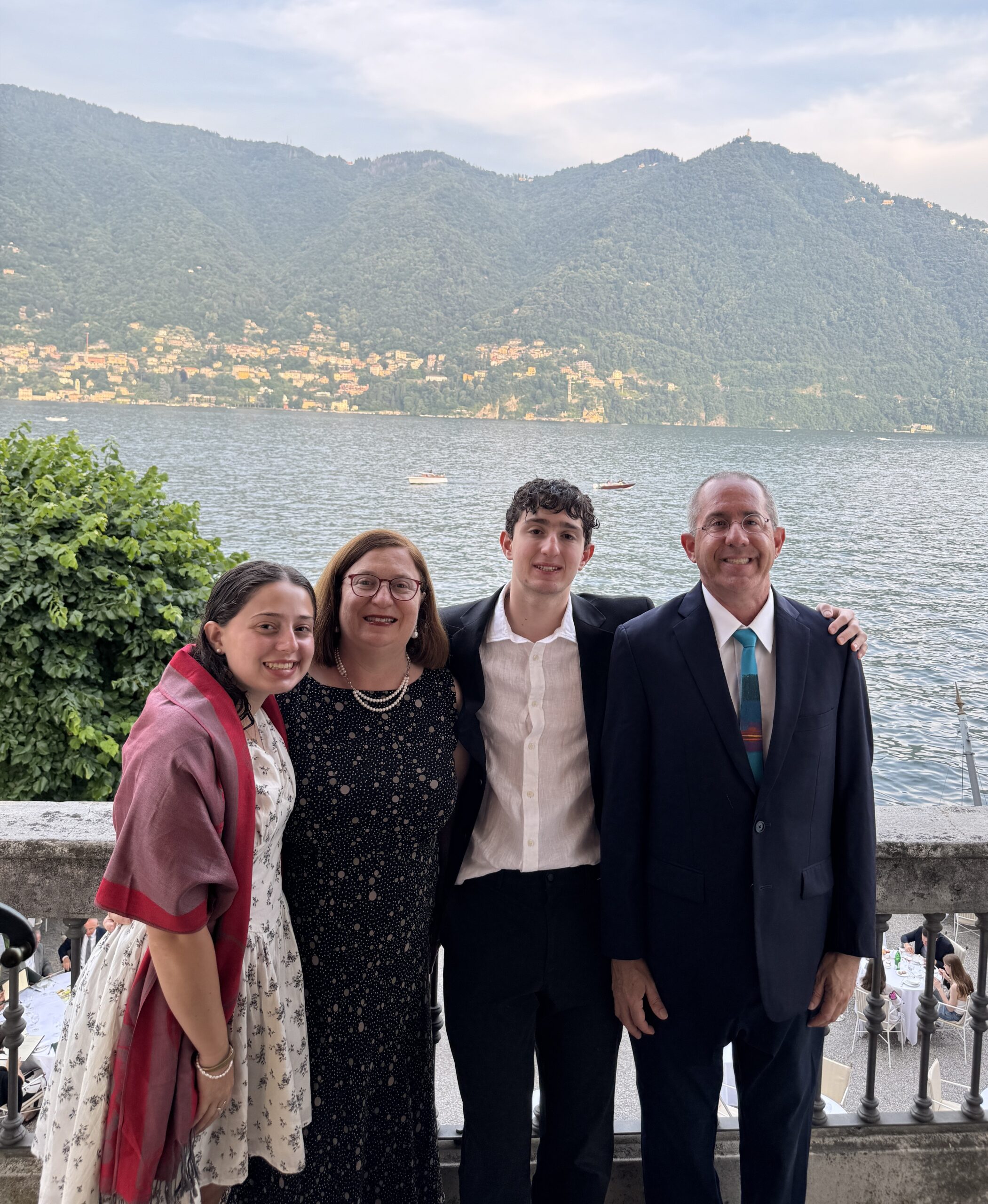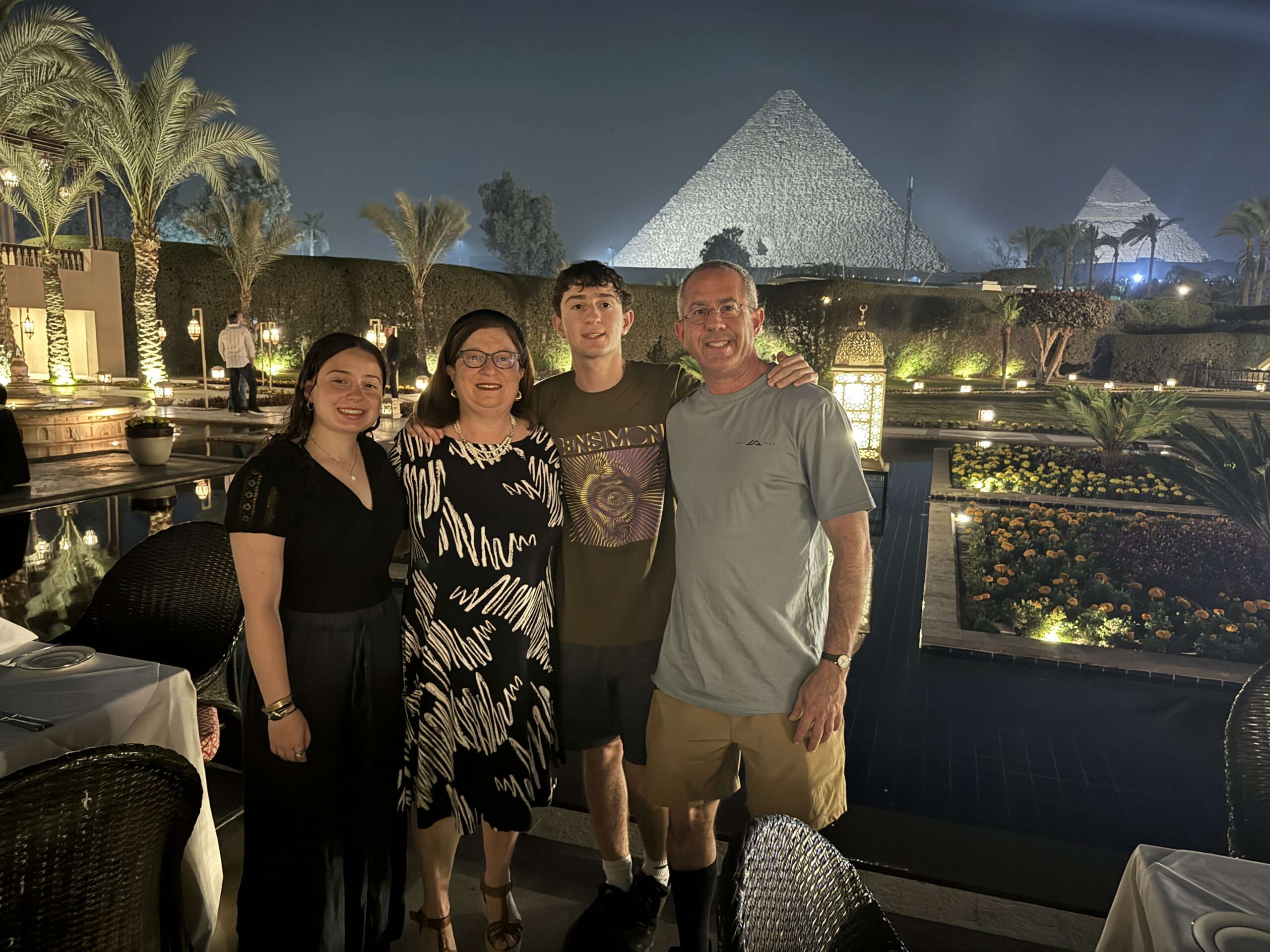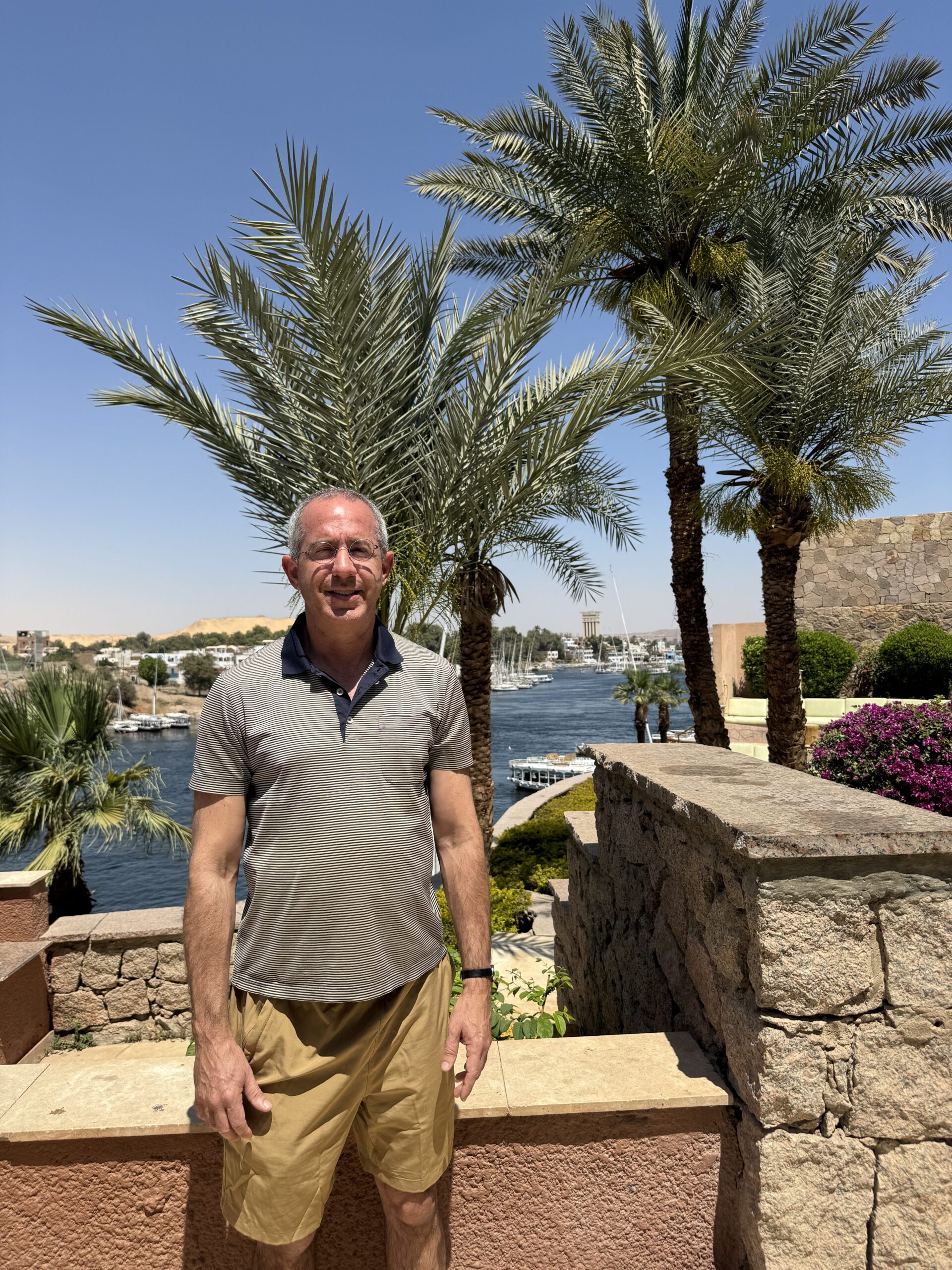Broader Issue: Peace between Peoples, Not Just Governments
I’ve taken a closer look at this since the issue is now ripe for discussion and the Israelis and Syrians are definitely talking in the background. Although official discussions may not resume for some time and the parties to some extent prefer it this way, the two sides are talking and despite the depiction that Barak is a Bibi, it is well recognized that he is not Bibi nor was Rabin the liberal that he is now depicted to be. The insults and false comparisons is all part of a posturing and propaganda show that should be ignored. It has been bothersome and confusing amidst all this conflicting misinformation being leaked every hour as to the negotiations — one hour the Israelis are agreeing on prisoners; the next hour the talks have broken down over this issue. So what’s really going on?
Day to Day: Barak came out with hard opening positions which he knew he’d have to concede upon. Those concessions are coming out now. These concessions are not what the Arabs want but it is what they realize they will get. So they will celebrate these concessions even though they were preordained. The prisoners issue is being dealt with seriously, for example, and it is known that particularly for the Palestinians, this is something the man on the street cares about. People who killed post-Oslo will not get out of prison and Arafat agrees to this. If they go out and kill again before a deal is done, it will sink Arafat as well because the Israeli government could fall from the ensuing disgust. Expect about 250 to get out now; both sides are interviewing each prisoner one by one deciding what to do with the rest. A high number will get out later. A coalition crisis might appear to exist next week when the Shas party leaves the coalition; it is a joke. They have to move the electrical turbines on the sabbath for the next 4 weeks and afterward Shas will come back. This is a shakedown for money they won’t get from Barak and involves internal power struggle in the party being manipulated by Aryeh Deri sitting in the US.
Bigger picture: Last night on the Jay Leno show, the Clinton look-a-like (he’s on every night) was peering over the shoulder of the Sultan of Brunei who reportedly has a list of girls he lusts for. The Sultan keeps looking at names on a computer printout and Clinton keeps poking his finger at the list saying “Already Done Her” and the Sultan is exasperated having been beaten to each one. Clinton leaves office in 1 1/2 years and wants to be remembered for something great. Bush is favored to be the next president and he is not friendly to Israel and is not particularly interested or educated in foreign affairs or in spending money abroad. That also worries the Arabs because they need someone in Washington who is both interested and is willing to put money behind the peace. Syria, Jordan, PA, Egypt and Israel all want money out of this deal so there is urgency on all sides to get this done in time for Clinton to go to Congress and sell it. In the past month, over 80 members of the US Congress have been to Israel and they are getting the hard sell.
Announcements of breakthroughs could come as early as Albright’s trip to the region next month; or it may take 3-4 months and maybe even up to a year if things go wrong. My estimate is package deals announced during the 1st quarter 2000. Arafat’s health is poorer than people realize and he is under pressure. He will not sit around and drag this out and Barak will dole out goodies to allow him to show progress soon. Professionals do believe that Barak knows what he is doing and that he is thinking strategically. He is autocratic and playing his cards close to his chest but that is what we expected since last year. Both sides are playing down progress in the talks because once there is the appearance that an agreement is close, Hamas will move to try to break it up and a terror attack could succeed in doing so.
The Golan: The difference in proposed borderlines involves a few kilometers but sensitive territory that controls a high percentage of water resources and high ground overlooking a kibbutz in the Galilee. The Israelis want something close to the international border, set by the colonial powers in 1923. The Syrians want the June 4, 1967 borders, which represent the de facto border just before the Six Day War. The June 4 borders were the result of land grabs by the Syrians between 1948 and 1967; one of the reasons why the Israelis went to war in 1967. If the Israelis were to recognize the June 4 border, they would be giving in to land grabs by the Syrians; presumably, they should then expect the Syrians to view the 1967 land grab by Israel by the same token. [Putting all this grandstanding to the side, the plain fact is that the June 4 lines gives the Syrians too much control over water to the point it would probably make the Jordanians nervous.] The more neutral standard is the international border which predates the existence of both countries. The Syrians are not wild about recognizing that border either. The most likely outcome is some kind of revised border close to the international lines in which various parcels of territory will land on one side or the other based upon the water and military arrangements each side is willing to live with. Israel will get most of the water; the Syrians will agree to move troops; the Jews will leave the Golan but be paid handsomely for their assets. Current investment in the region is with the intention to fix up these assets for sale. There will be two listening stations on the Hermon mountain run by the Americans and French with Israeli and Syrian “technicians” in the respective stations. Skiing on the Hermon and hikes in the Banias Spring Nature Reserve are open issues and are likely to be settled in favor of Israeli tourism since it is mutually profitable. To the extent that Turkey becomes a trusted guarantor of water, this will help but Barak has shifted away from Turkey and toward Egypt. I’ve always felt that Bibi tried to stack too many cards in the Turkish deck and that this was a house of cards so I am not uncomfortable to see a better sense of balance on this front.
I suspect that at some point the Syrians will have to stop standing on their heads and proclaiming that the Israelis agreed under Rabin and must continue to agree to return to the June 4 line. He never said to which line he would withdraw; only said “total” and it was in the hypothetical sense. Withdrawal to the June 4th line won’t happen and the repeated references are a tree from which the Syrians will ultimately have to climb down publicly if they have not already done so privately. Barak is able to sit around for the next year and wait till the Syrians come around to his security terms particularly since the feeling in Israel is that Assad wants this deal. Assad is less likely to be patient at this point because delay could leave him with nothing; within a few months, a fair deal will manifest itself and only once the whole package is prepared will we hear any of the details. I expect the package deal to emphasize security arrangements and a quiet border and to de-emphasize commercial and tourist relations given the reality that Syria is a closed system, there are no economic synergies between Israel and Syria and the Syrians are by and large hostile to Israelis. After the Israelis reach an accommodation with the Palestinians, in time the Syrian public might over the long term become more amenable to dealing with Israelis as people.
This is an important point given that Egypt really is not at peace with Israel on the people to people level and this is not simply because the government keeps to a cold peace. The Egyptian government reflects its public and the Egyptian public and elites are not going to make the mental leap and receive Israel favorably until the Palestinian and Syrian elements are satisfied regardless of what they themselves think of the Palestinians and Syrians. Even with a pro-peace government, the people of Jordan are still hostile because they see no benefits to the peace. It is important that these elements are satisfied because the Egyptian peace needs to be broadened to include its people during the next 5 years. Mubarak is over 70 with no successor in line; the army continues to build up its forces; military planners on both sides continue to contingency plan to fight a war against the other side but this is hypothetical on both sides. Egypt has historically built itself up against Sudan and Libya and its modernization is not per se worrying Israeli planners. More worrisome is the idea that Mubarak’s succession is no sure thing and that all could be lost if fundamentalists take over. It is my prediction that if Israel does not manage within the next 5 years to get the Egyptian public to see that Israel is a neighbor that should be viewed positively by settling its accounts with the Palestinians and the Syrians, there will be another war between the two countries within 10-20 years, sooner if the country falls to fundamentalists. Peace that is strictly between governments and doesn’t filter down to the people won’t last past a generation, particularly once the financial incentives that keep the peace in place are forgotten or stopped by a new generation on any side to the issue (ie: USA) that has lost perspective of having lived through the alternative.





